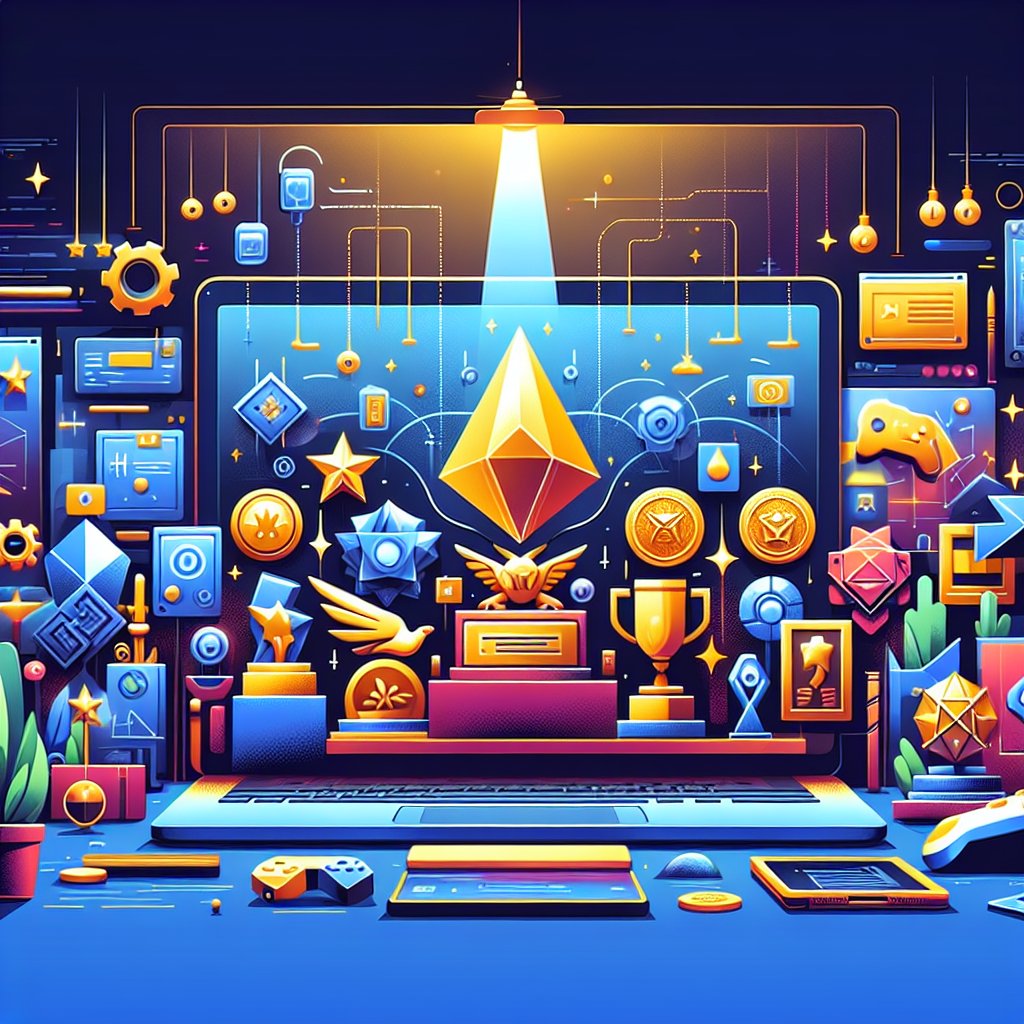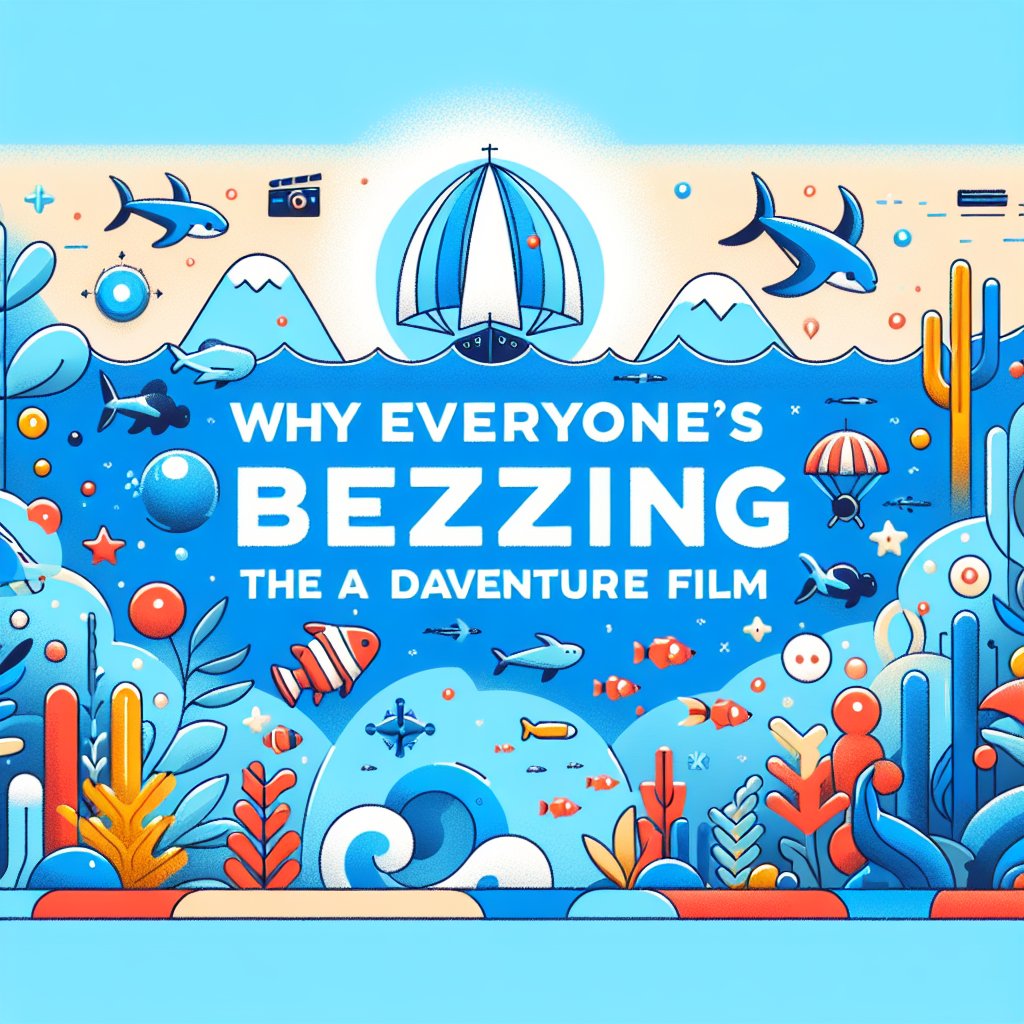Hey, let’s talk about game awards. You know, those flashy events where developers get all dressed up, and we get excited to see if our favorite games snag that top spot? Yeah, those. They might seem just like another excuse for fancy speeches and red carpets, but there's more to them than meets the eye. So, grab your favorite drink, and let's dive into why game awards actually carry a lot of weight in the gaming world.
The Glitz and The Glam
First off, let's address the obvious. Game awards are often these big, glamorous events. They're like the Oscars for gamers. You’ve got the live performances, the exclusive trailers, the teary acceptance speeches—it's all very Hollywood. But here's the thing: behind all that glamour, there's a real process going on that reflects the state of the gaming industry.
More Than Just Trophies
At its core, a game award isn't just a shiny trophy. It’s a nod from the industry that says, "Hey, you did something amazing." For developers, it's validation of years of hard work. And for players, it's a signal that a game is worth checking out. I mean, who doesn't want their favorite game to get some recognition, right?
The Impact on Game Development
Now, you might be thinking, okay, so they get a pat on the back. Big deal. But game awards have a profound impact on the entire development cycle.
Setting Standards and Expectations
Awards set benchmarks. When a game wins big, it sets a standard for quality. Other developers sit up and take notice. They analyze what made that game special and often try to incorporate similar elements into their future projects. It’s a bit like when your buddy aces a project, and you think, "I’ve gotta step up my game."
Encouraging Innovation
There’s more to it, though. Acknowledging innovative games pushes the industry forward. When a game wins for being groundbreaking, it encourages others to think outside the box. I've seen it happen time and time again. Developers love a challenge, and awards can be that extra nudge to experiment with something new.
Player Perception and Influence
Then there’s us—the players. We’re the ones who buy the games, spend hours glued to the screen, and argue online about why our pick should’ve won Best Game of the Year.
The Power of Recommendation
Game awards can heavily influence what we choose to play. An award can turn a sleeper hit into a must-play overnight. It’s almost like getting a recommendation from a trusted friend. And let's be honest, sometimes we need that nudge to try something outside our usual lineup.
Creating Conversations
Awards also spark conversations. We love to debate about who deserved what and what got snubbed. These discussions often highlight indie games or lesser-known titles that might have slipped under the radar. And that can lead to more exposure and more downloads.
The Business Side of Things
Of course, we can't ignore the business aspect. Game awards have a tangible impact on sales and marketing.
Boosting Sales
An award win, especially one of the big ones like at The Game Awards, can lead to a spike in sales. It’s a bit like when an actor wins an Oscar, and suddenly everyone’s rushing to see their films. That award acts as a certification of quality that can attract new players.
Marketing Leverage
For studios, having an "Award-Winning" label in their marketing arsenal is golden. It’s a badge of honor that can be used in promotions, helping to build a game’s reputation as a must-have title.
Real-World Examples
So, let’s look at some real-world examples to see how all of this plays out.
The Witcher 3: Wild Hunt
Remember when "The Witcher 3: Wild Hunt" cleaned up at the 2015 Game Awards? That game was already highly anticipated, but the awards it won solidified its status as a masterpiece. It set a new standard for open-world storytelling, and you can bet other studios took notes.
Among Us
Then there's "Among Us." It was released in 2018 but didn’t gain serious traction until the game caught fire in 2020, thanks in part to Twitch streamers and its win at The Game Awards for Best Multiplayer Game. It’s a classic underdog story, and it shows how awards can shine a light on games that might otherwise get lost in the shuffle.
The Critic vs. Player Choice Dynamic
Another interesting facet of game awards is the critic vs. player choice dynamic. Sometimes, the critics and the fans are on the same page. Other times, not so much.
The Critics' Choice
Critics often evaluate games based on technical merits, storytelling, innovation, and sometimes, artistic vision. They’ve got a trained eye for detail and their picks can sway the industry.
The People's Choice
On the flip side, player choice is all about what we enjoy. It's subjective, emotional, and often based on personal preference. Our choices reflect what we love, what resonates with us, and what gets us excited. Sometimes, this doesn't align with critical acclaim, and that's perfectly okay. It adds an extra layer of depth to the awards.
Why Game Awards Will Continue to Matter
Alright, so where do we go from here? Why will game awards continue to matter in the future?
Changing Trends
As gaming technology advances, the criteria for awards will evolve. We’ll start to see categories for things like VR experiences or AI-driven storytelling. It's an exciting time, and awards will help guide us through these changes by highlighting the best of the best.
Building Communities
Awards also help build communities. They bring us together as fans, creators, and industry insiders to celebrate what we love. And in a world that often feels divided, that sense of community is invaluable.
Encouraging Diversity
Finally, awards can encourage diversity and inclusion in gaming. By recognizing games with diverse voices and stories, they signal to the industry that these are important and valued.
So, there you have it. Game awards are more than just ceremonial back-patting. They're a vital part of the gaming ecosystem, influencing everything from game development to player choices and industry trends. They’ll keep evolving and adapting, just like the games themselves. And as long as there are games, there will be awards to celebrate them.
Catch you in the next post.
- Ryan Pate



